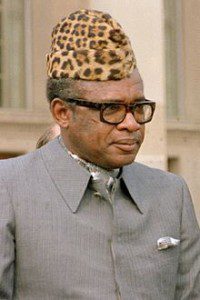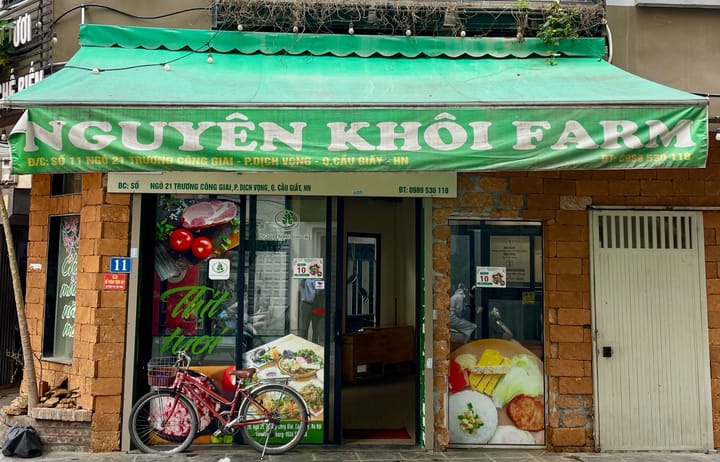Ethnic power sharing in Africa

In a new paper titled, “How Is Power Shared In Africa?”, Patrick Francois, Ilia Rainer, and Francesco Trebbi examine the role of ethnic elites. They investigate the ethnicity of cabinet ministers since independence (Benin, Cameroon, Cote d’Ivoire, Democratic Republic of Congo, Gabon, Ghana, Guinea, Kenya, Liberia, Nigeria, Republic of Congo, Sierra Leone, Tanzania, Togo, and Uganda) and show that African ruling coalitions are surprisingly large and that political power is allocated proportionally to population shares across ethnic groups. This is largely a response to the “likelihood of revolutions from outsiders and coup threats from insiders”.
Work in this field is important because it highlights the role of elites in development. While elites can play a pivotal role in stimulating economic growth, they also have a direct and often negative affect on how this growth translates into development. The authors describe the role of ethnicity in “Big Man” politics in Africa. Where the Big Man is presented as a “relatively unconstrained decision maker, a personalist ruler with a strong preference for sharing power and spoils with his trusted co-ethnics through the ‘politics of ethnic exclusion'”.
In the search for inclusive models of economic development, the exclusive models adopted by many elites need to be challenged. While ethnicity may be a lessening factor in the formation of political and economic elites, there are other influences that deserve attention.
This is a topic I hope to return to in future blogs. Creating vibrant economies and sustainable communities requires high levels of political and economic participation. One of the greatest obstacles to this in Africa is the role performed by political and economic elites.


